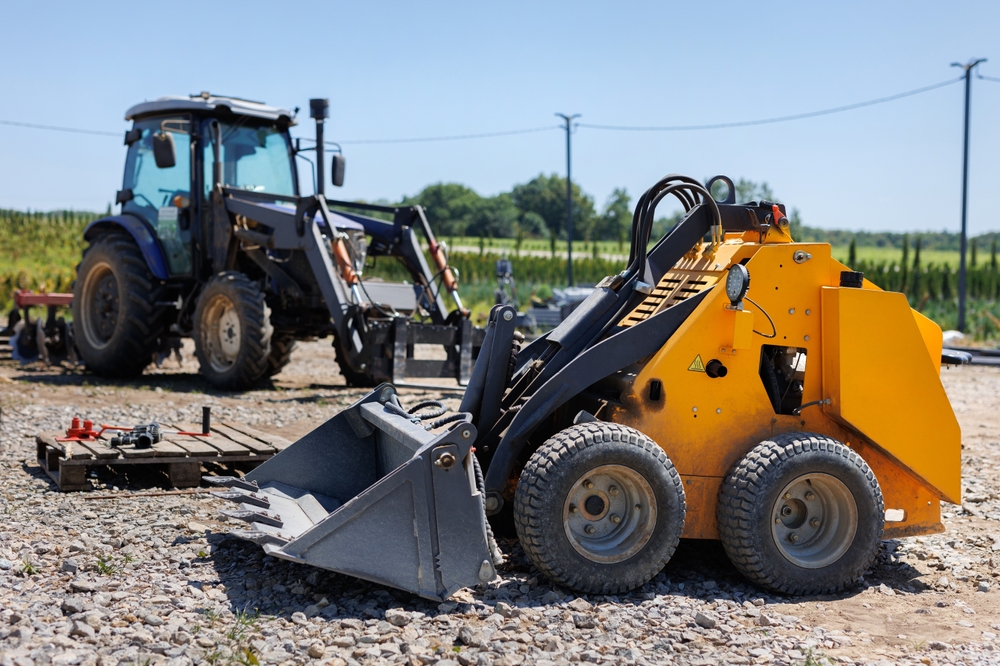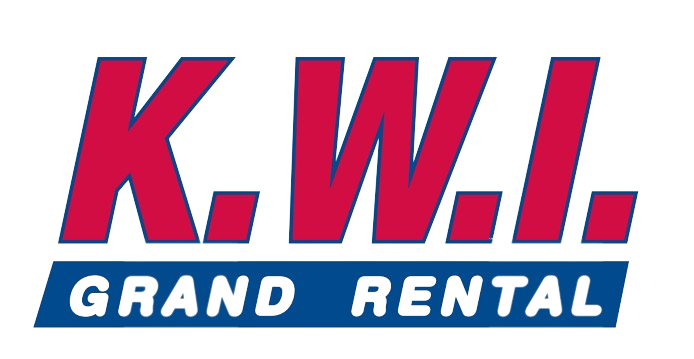-
Unlock Efficiency: Your Guide to Mini Skid Steer Rentals at KWI Grand Rental

When you’re taking on a project that demands both power and precision, renting the right equipment can make all the difference. That’s where mini skid steer rental comes in, offering a compact yet powerful solution for a variety of tasks. At KWI Grand Rental, we specialize in providing the perfect machinery to help you unlock…
-
The Benefits of Purchasing Used Construction Equipment from a Local Rental Company
When it comes to construction projects, having the right equipment is crucial. However, investing in brand-new machinery can be a hefty expense. For many contractors and builders, purchasing used construction equipment from a local rental company can be an excellent alternative. Here’s a look at the benefits of going this route. 1. Cost Savings One…
-
Mini Excavators 101
The Versatile Workhorses of Construction When it comes to construction, landscaping, and demolition projects, mini excavators have carved out a niche as indispensable tools. These compact machines are designed for versatility and efficiency, making them a go-to choice for professionals and DIY enthusiasts alike. In this blog post, we’ll explore the features, benefits, and various…
-
The Essential Role of Construction Rental Equipment After a Hurricane
Hurricanes can leave behind devastating impacts, disrupting communities and overwhelming infrastructure. In the aftermath of such natural disasters, recovery efforts are crucial to restoring normalcy. One vital resource that can significantly aid in these recovery efforts is construction rental equipment. Here’s how it can make a difference in the post-hurricane landscape. 1. Clearing Debris Efficiently…
-
Common FAQs About Construction Equipment Rental
Renting construction equipment can be a smart move for contractors, builders, and DIY enthusiasts alike. Whether you’re a seasoned pro or new to the industry, navigating the rental process can raise a lot of questions. In this blog post, we’ll address some of the most common FAQs about construction equipment rental to help you make…
-
Top 7 Most Popular Types of Construction Equipment Rentals
When it comes to construction projects, having the right equipment can make all the difference. Renting equipment is a cost-effective and flexible solution for contractors and DIY enthusiasts alike. Here’s a rundown of the top 7 most popular types of construction equipment rentals that can help you tackle your next project efficiently. 1. Excavators 2.…
-
The Importance of Securing Equipment Rental Quotes Well in Advance for Project Bids
In the fast-paced world of construction, timing can make or break a project. For contractors, securing quotes on rental equipment well in advance is not just a good practice; it’s essential for successful project bids and customer proposals. Here’s why proactive planning in obtaining rental quotes is critical for your business. 1. Accurate Budgeting Getting…
-
Top 10 Reasons Why Equipment Rental is Crucial to a Contractor’s Business
In the ever-evolving construction industry, contractors face numerous challenges, from project timelines to budget constraints. One solution that consistently stands out is equipment rental. Here are the top ten reasons why incorporating equipment rental into your business model is essential for success. 1. Cost-Effectiveness 2. Access to the Latest Technology 2. Rental companies often offer…
